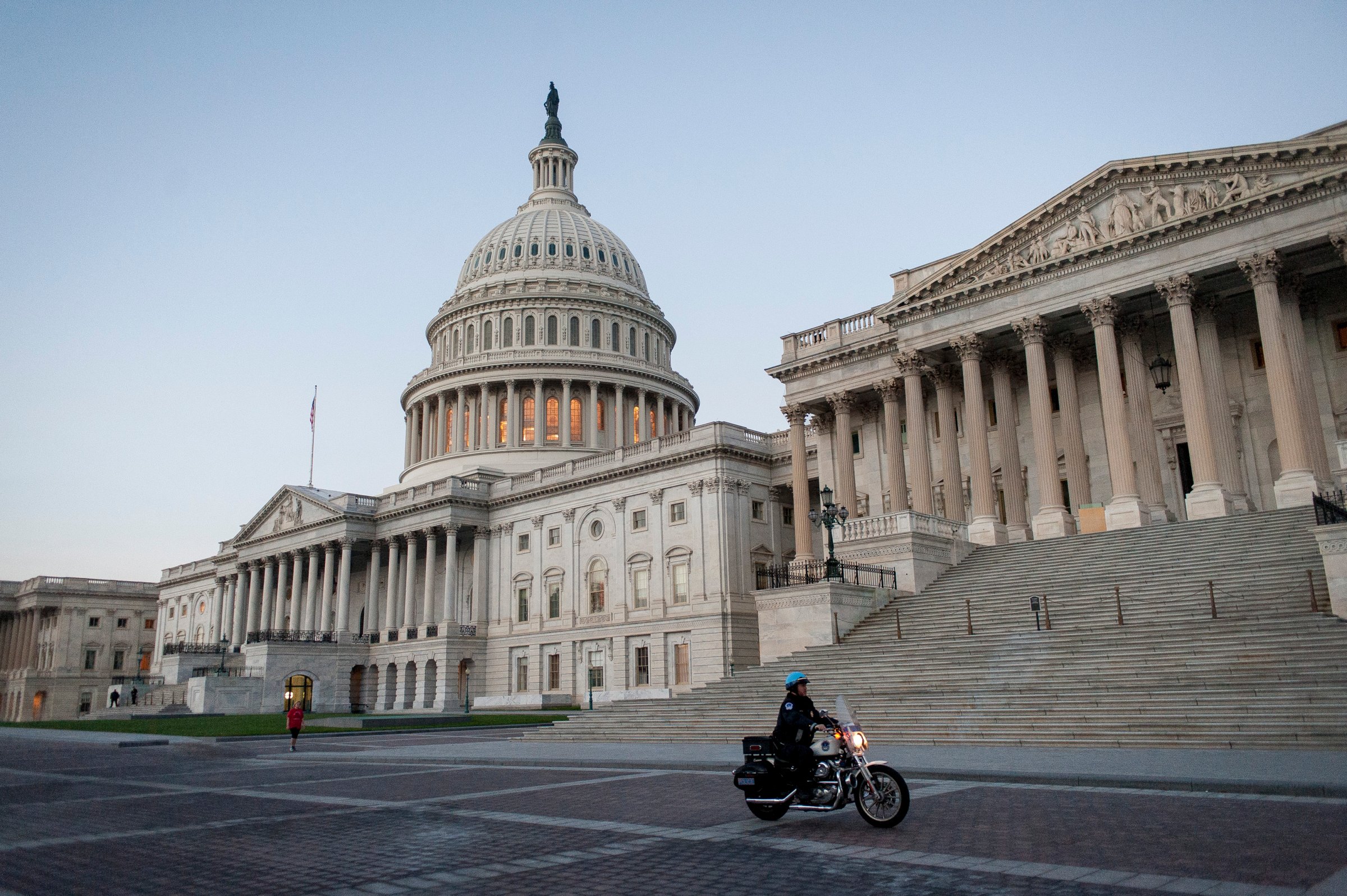
For years, America’s health care costs grew at an unsustainable rate. That was the main reason America’s long-term fiscal position looked unsustainable as well; Medicare, Medicaid, and other health programs were spiraling out of control. But our health care cost inflation is no longer unsustainable. That’s huge news, because it means our long-term deficits should be manageable, too.
Louise Sheiner and Brendan Mochoruck of the Brookings Institution compared the Congressional Budget Office’s latest fiscal outlook with its projections from five years ago, and the shift is striking. In 2009, the CBO expected Medicare spending to skyrocket from 3% to 6% of GDP by 2030; it now expects much more modest growth to less than 4% of GDP. Overall, former CBO director Peter Orszag, President Obama’s first budget director, calculated the projected savings in federal health spending since the 2009 report at $7.9 trillion.
Those numbers, like all long-term budget estimates, could change radically. And while Obamacare’s cost controls contributed to the cost slowdown, it’s not clear how much they contributed. Policy wonks and political hacks will have plenty of time to argue about why the cost curve is bending. But the trend itself, as Orszag argues, is the most important trend in fiscal policy in decades. It’s the difference between a deficit crisis and a phantom deficit crisis. In 2009, graphs of projected federal health spending looked like ski slopes; graphs of all other spending looked like sidewalks. The long-term deficit problem was basically a medical problem.
Now it’s not such a problem. The question is whether Washington will notice.
Republicans have spent the last five-and-a-half years griping about the budget deficit, and most of their gripes have been absurd. They were wrong to accuse President Obama of creating a record trillion-dollar deficit, which he actually inherited from President Bush. They were wrong to criticize Obama for increasing the deficit with his 2009 stimulus bill, which was an amazingly effective Keynesian response to an economic crisis; the budget-balancing austerity approach the GOP was advocating led to much slower recoveries and double-dip recessions in Europe. And they were wrong to accuse Obama of turning the U.S. into Greece; the deficit has shrunk by more than half during his presidency, dropping from 10 percent of GDP to less than 4 percent as the recovery has progressed.
We still have a big national debt, and the CBO expects it to grow from 74% of GDP today to 106% in 25 years. We’ll spend trillions of dollars servicing that debt, and we should remember how Bush squandered President Clinton’s surpluses with unpaid-for tax cuts and unpaid-for wars every time we cut the check. But we are not Greece. Our finances are looking better in every way.
More Must-Reads from TIME
- Inside Elon Musk’s War on Washington
- Meet the 2025 Women of the Year
- The Harsh Truth About Disability Inclusion
- Why Do More Young Adults Have Cancer?
- Colman Domingo Leads With Radical Love
- How to Get Better at Doing Things Alone
- Cecily Strong on Goober the Clown
- Column: The Rise of America’s Broligarchy
Contact us at letters@time.com